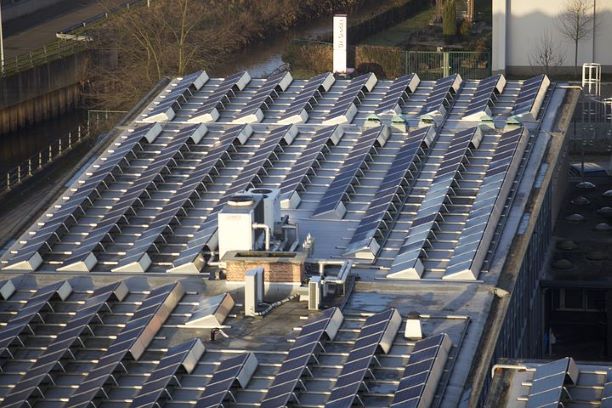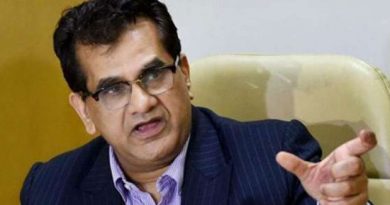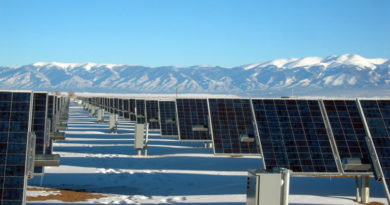Delhi Govt Revises its Rooftop Solar Policy, Guarantees Payment Security to Installers

The Delhi Government in September approved the “Mukhyamantri Solar Power Scheme’, offering residents who install rooftop solar panels a subsidy on their electricity bill for a period of five years from the existing three. The program was created to cater to residential sector consumers in the capital, as the government noticed the big gap in rooftop installations between government/institute buildings (105 MW) and residential buildings (5 MW).
Under the new scheme, housing societies will now be able to install solar systems at zero costs under the RESCO model. “Under the Renewable Energy Service Co model (RESCO), the domestic consumer will not have to spend any money for the installation of solar panels. It will be done by select service providers,” power minister Satyendar Jain said. The cost of electricity generated through the solar power for group housing societies will be Rs 1 per unit. “The Delhi government will provide a subsidy of Rs 2 per unit to the societies,” he said.
According to the government, 1,990 registered co-operative group housing societies in Delhi have shown interest in installation under the RESCO model. However, since the scheme lacked a payment security scheme for the installers, they were reluctant to offer their services resulting in power rates in societies remaining higher in comparison to rates for government buildings. And now, after getting the approval from the Ministry of New & Renewable Energy (MNRE) for 40 MW of grid-connected rooftop solar projects for the domestic/institutional/social segment for Delhi under its subsidy schemes, the state government has recognized the need for a bankable PPA and guaranteed payment security mechanism for installers.
Key highlights of the revised program:
- This program will target group housing societies (GHS).
- There will be an emphasis on RESCO model of solar installation for larger installations.
- GBI is extended for a period of five years starting from 2019-20. It will also cover solar installations in the residential sector including GHS; both for existing solar installation and new installations for which MNRE approval has been obtained.
- For a typical solar power project, this will amount to GBI payment of ₹13,000/kWh in five years. This payment will amount to 22-25 per cent of benchmark costs.
- GBI disbursement will be made on a half-yearly basis so that consumers have government support in form of GBI in the first year of solar installation without affecting the matter of quality.
- The instrument of GBI will also be used as the payment security mechanism. In case a consumer fails to make payment to the installer, GBI may be passed on to the installer.
- This payment security mechanism for five years will be applicable to the RESCO model.
- The new GBI will also cover already installed solar plants till new tenders are finalized. Such installation will be allowed GBI benefits for five years period from the date of installation.
- IPGCL will be the bid coordinator on behalf of power department.
Under the new guidelines which offer a security to the installers, the government expects more key interest from installers which will see the rates fall below Average Power Purchase Cost (APPC) and in such cases, the customers will be further incentivized to install solar systems beyond the sanctioned load.
Therefore, while the changes proposed are welcome, it is equally important that the government take steps to ensure awareness of the subsidy, the process to claim it, and commit to a turnaround time for claims. Most importantly perhaps, its time to settle into a stable policy environment, instead of regular tinkering with policy, which might even be leading to the postponement of decision making by relevant potential customers. Of course, care will need to be taken to ensure that the subsidy is not cornered by the societies that least need it, but happen to be the most ‘credit worthy’ too. While no definite numbers are available in the public domain, larger societies in the capital frequently maintain a very high proportion of reserves as deposits with banks. These societies, given a strong enough push, could definitely ensure payment security on their own to a large extent.
Read More: Solar Rooftop. Why Gujarat Vs Delhi is a walkover for Gujarat
Recently, Concerned with the deteriorating levels of air quality in the capital, the AAP government released the state’s first draft electric vehicle policy. A move they expect will help tackle the severe air quality problems in the NCR in the long-term




